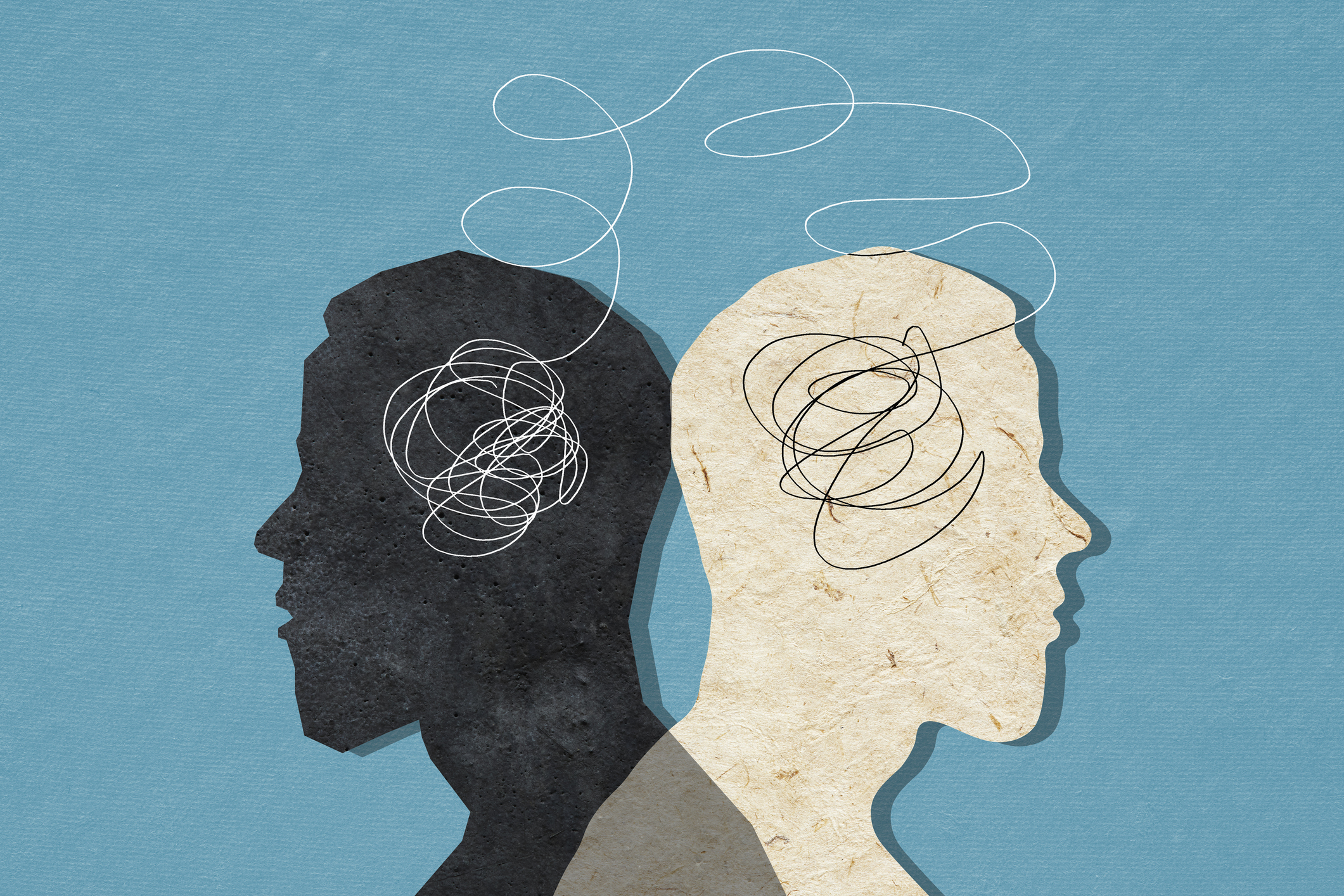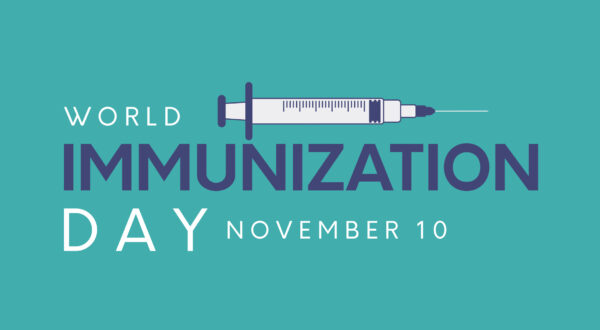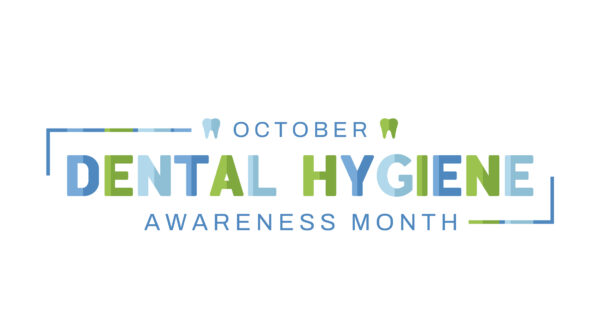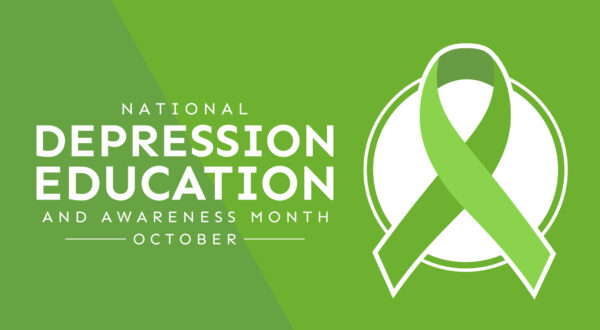Men’s Mental Health Month
Categories

June is Men’s Mental Health Month, a time when space is created to raise awareness for how men can navigate obstacles that may arise in the mental health space. Men largely go undiagnosed with mental disorders in America. This occurrence can be attributed to societal norms and a general feeling of men being told across various mediums to be hyper-masculine and push their problems away. Emotions are rarely discussed, and men are often taught that being “manly” is the same as being stubborn when it comes to health care; the idea exists that we can figure out problems with our health on our own. Some key facts about mental health include:
- The World Health Organization (WHO) says that one in every eight people in the world live with a mental health disorder.
- A 2020 study by the Centers for Disease Control and Prevention (CDC) found that over one year, 25.6% of women had received mental health treatment while only 14.6% of men had done the same.
- A survey by the Cleveland Clinic found that:
- 72% of men would rather do household chores than go to a doctor
- 82% of men try to stay healthy and live longer for friends or loved ones who rely on them, but only 50% engage in preventive care.
- 41% of men were told as children that men don’t complain about health issues.
Obviously, there are outliers, and it isn’t a 100% fact that every man out there will be resistant to mental health care, but there is societal pressure that men can’t show emotion and can’t seek help for mental health problems or really any health care problems. But as a reminder for all of us, it’s okay not to be okay – it’s okay to seek help. In fact, it’s great to seek help; it can help us learn coping techniques for obstacles that arise, give us an outlet to vent our frustrations, and a space where we’re allowed to be vulnerable. For the longest time, I was one of those men, fearful of seeing a doctor and admitting that I have health concerns, especially mental health ones, but when I finally sought help, it was one of the best decisions I could make and one that I’ll always be thankful for.
My mental health journey began about a year ago when I was gearing up for a trip out of state, and I had this feeling of dread, a pit in my stomach, and constant nausea and anxious thoughts anytime I left my house and got in a public setting. On this same trip in the previous year, I had gotten sick and had a miserable flight home. My brain instantly assumed it would happen again, and the anxiety was building for weeks. I thought I could power through it and be okay, but the flight was terrible. It felt like there was pressure building up, that I couldn’t breathe, and that I was going to get sick. The rest of the trip was more of the same, and when I got home, I didn’t acknowledge that I was suffering from anxiety and panic attacks and instead jumped straight to thinking something was wrong with my heart, a thing that most people jump to when we get that tightness in our chest that comes with anxiety. It got to the point where that line of thinking had me going to the ER, where I found out that, thankfully, I had a clean bill of physical health but that I was suffering from anxiety. It was both a breath of fresh air and a bit of a mental obstacle to really begin to understand what was going on. It wasn’t something that I had felt at this level before; after all, anxiety is normal and something that we all usually have in stressful situations, but it can quickly tumble into an anxiety disorder where it can feel like it’s derailing everything in day-to-day life.
I continued to have dread when it came to doing things like going to the grocery store, gym, or anywhere other than home, and being in those situations, my fight or flight would kick in, and escaping the situation was my only option. I began a path of working with my primary care doctor and on her recommendation, I found a therapist to really talk through how I was feeling and develop an approach to feeling more “normal” (there is no definition of what feeling normal really is, but for me, it was a state of being able to go out and do things and feeling grounded.) What I discovered through therapy is that our minds have the ability to exaggerate situations and feelings to convince us that the flight part of fight or flight is the winning feeling and convince us that there is no fixing it for us. For me, focusing on things like breathing exercises, body scan meditation, and eye movement desensitization and reprocessing (EMDR) therapy helped me get to a point where that anxiety feeling wasn’t controlling what I was doing when leaving the house. Nobody will have the same solution, so be open to trying new techniques and having conversations that can feel uncomfortable and vulnerable at times.
Men often rely on their friends and family to guide them when it comes to medical care. It’s essential to keep the conversation going and let the people in your life know that it’s okay to discuss complex topics. My journey with anxiety and therapy is still ongoing. I still have anxiety, but now, instead of running away from it, I focus on embracing it and reminding myself that it will be temporary and, in the end, everything will be okay.
If you or someone you know are struggling with a mental health or substance use concern, get free, immediate, human support from the 988 Colorado Mental Health Line 24 hours a day, seven days a week. Call or text 988, or live chat at 988colorado.com.


